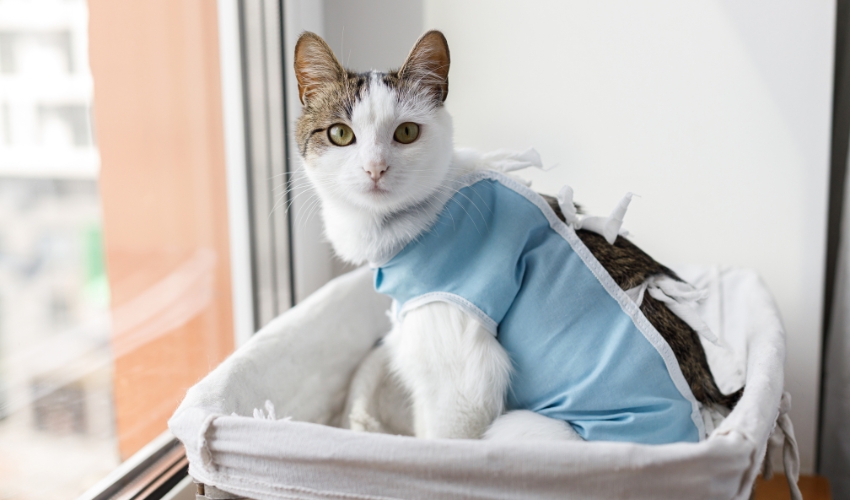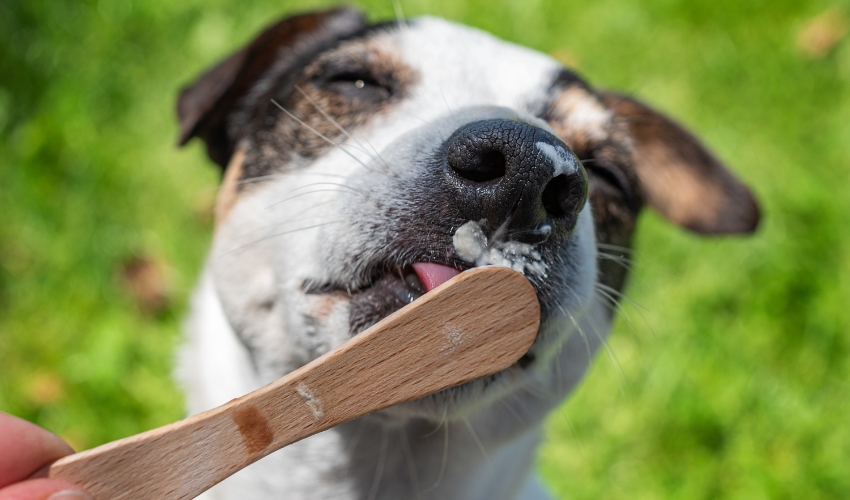It’s tempting to share a snack with your cat, but before you do so, be aware that there are certain foods cats shouldn’t eat. Cats have different nutritional requirements than humans, so that many common human foods may be deadly to our feline friends.
So, remember not to give in when your curious cat gets drawn to you while you’re eating. Think twice if you’re going to give special treats to them, and ensure that they aren’t eating what they shouldn’t. Now, let’s get into detail about what your cat can’t eat; proceed below and familiarize yourself with those.
Grapes
Can cats eat grapes? Cats are not advised to eat grapes, but it should be fine if they accidentally eat one to two grapes. Still, eating more than that can be toxic to them. Fortunately, it is rare for cats to get interested in grapes or, generally, in fruits.
Grapes can induce acute kidney injury when taken in excessive quantities. It could also end up with renal failure. Other symptoms that might occur are vomiting, abdominal pain, appetite loss, decreased urination, diarrhea, and lethargy.
If you’re thinking of some treats or snacks for your cats, skip the grapes.
Cheese
Can cats eat cheese? Some cats can tolerate a small portion of dairy products(milk, cheese, yogurt), while some are allergic to them. Cats’ common dairy allergy symptoms are diarrhea, itching, hair loss, red skin patches, and vomiting.
Even the smallest amount of cheese can be detrimental to their health if they’re allergic. Depending on how much their intake was, they might experience mild to severe gastrointestinal problems, and along with that, symptoms like constipation, diarrhea, inflammation, and vomiting may pop up.
If you know your cat is not tolerant of dairy, disregard them as treats or snacks, and opt for a lactose alternative.
Peanut Butter
Can cats eat peanut butter? Like cheese, it’s okay for healthy cats to have a small portion of peanut butter. Just be aware that they can also be intolerant or allergic to this product. Also, note that the peanut butter’s consistency might be a choking hazard for cats.
Even if your cat is tolerant to peanut butter, always check its nutrition label since there are ingredients that might not be safe for them. An example is Xylitol, a sweetener on gum and candies; it can induce symptoms like lethargy, loss of coordination, vomiting, and in the worst-case scenario, seizure and liver failure.
Avocados
Can cats eat avocados? As healthy as it is for humans, it might not be so for your cat. A small amount of avocado flesh intake should be safe, and too much of it might cause gastrointestinal discomfort.
Symptoms like abdominal pain, breathing difficulties, diarrhea, fever, and vomiting might also crop up. It would be best to omit this the same as the previous three foods for their safety.
Persin can be found on the avocado’s skin, leaves, and pit, and it’s a toxin that might not affect humans, but cats can undoubtedly get ill from it, especially if they have pancreatitis or gastritis. Avocado pits are also a choking hazard, so be careful with those; make sure you dispose of the leftovers properly when you eat avocado.
Peanuts
Humans love snacking with peanuts, but can cats eat peanuts? Cats don’t need carbohydrates or plant proteins; it would cause trouble for their digestive system. They can have a taste, but having too many of it can lead them to gain weight and upset stomach.
Peanuts are not toxic to cats, but that doesn’t mean that it is also helpful to them, as they have different nutritional needs that are fulfilled mostly by animal protein or specialized cat foods. It’s not only the peanuts, as other kinds of nuts may range from not helpful or toxic to very poisonous, so it’s better to skip them when choosing snacks for your feline friend.
If you might want to know the health risks of peanuts to cats, then see the following:
- Allergy
- Choking
- Diabetes
- Gastrointestinal Problems
- Salt Poisoning
A Few More To Take Note Of
Now, what cats can’t eat isn’t limited to the five foods listed above. Here are some other foods cats shouldn’t eat:
- Alcohol
- Caffeinated Drinks
- Chocolate
- Dog Food
- Milk and other dairy products
- Onions and Garlic
- Raisins
- Raw Dough
- Raw eggs, fish, meat, or bones
- Table Scraps
How To Prevent Your Cats From Consuming Harmful Foods

For your cat’s safety, it’s best to know what foods are not for them and skip them as treats or snacks. You can see the following tips to help further prevent your feline friend from consuming dangerous foods:
- It’s hard to prevent foods like grapes, avocados, peanut butter, peanuts, and cheese from entering your home since it’s one of the common foods in the kitchen. You can keep it in a locked cabinet or pantry that keeps your cat from accessing it.
- Keep your cat away from the table or counter when cooking or eating. It’s best to keep cats away from the kitchen.
- Know what your cat can and can’t eat. Other than browsing the web, your best option would be to go to the vet for a more thorough explanation regarding that area.
- Consult the vet about what commercialized cat foods would fulfill your pet’s nutritional needs or when you’re thinking of changing their meal plans.
- Cooking scraps and leftovers like pits from fruits and skin peels from vegetables should be disposed of properly. Don’t just leave it on your counter unattended or in an open garbage bin.
What should be done when cats eat food that is not meant or harmful to them? For some foods, a slight intake wouldn’t be dangerous, but you should prevent it from happening again. But if it’s highly toxic to cats, call your vet or bring them directly to the vet to be monitored and get immediate treatment.
Conclusion
Cat food specially formulated to satisfy their dietary needs is the best food for cats. Since some delicacies don’t have any nutritional value, it’s best to avoid them entirely or choose healthier alternatives. Know that more isn’t necessarily better when it comes to nutrition, and be mindful of your cat’s diet and intake; they should be fine then.
Knowing what foods cats shouldn’t eat isn’t enough to keep them healthy; having a companion would also be great for their mental health! If you think you’re ready to have an addition to your family, let Doobert guide you on how to adopt, and you can even become a volunteer. Visit them if you’re curious about how and what Doobert can offer you!











